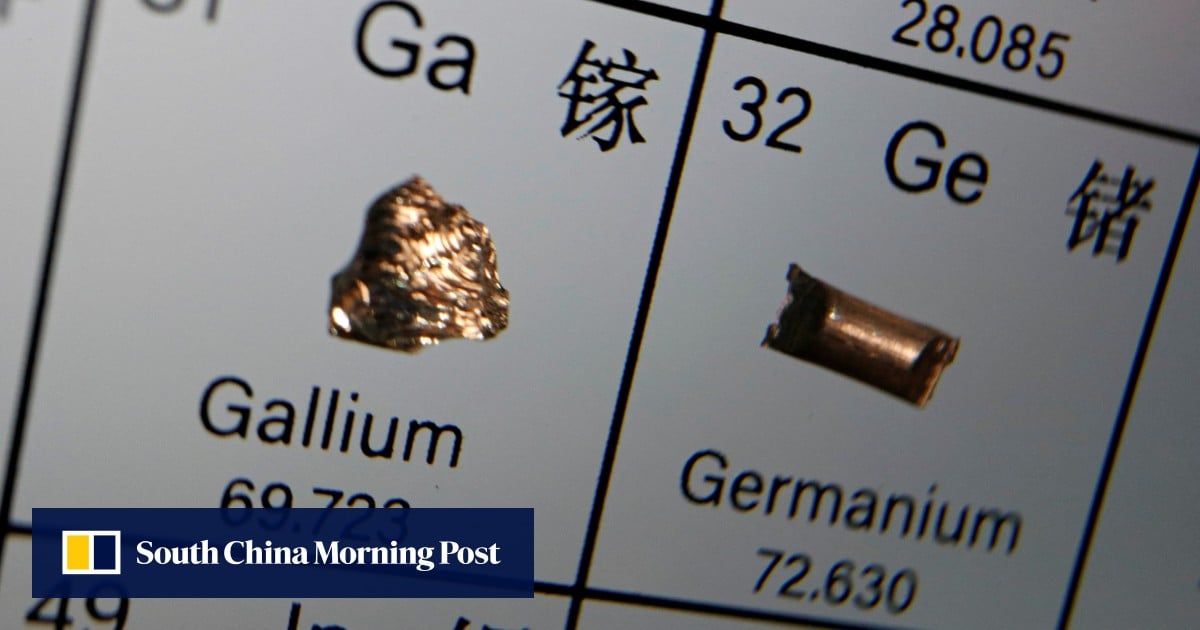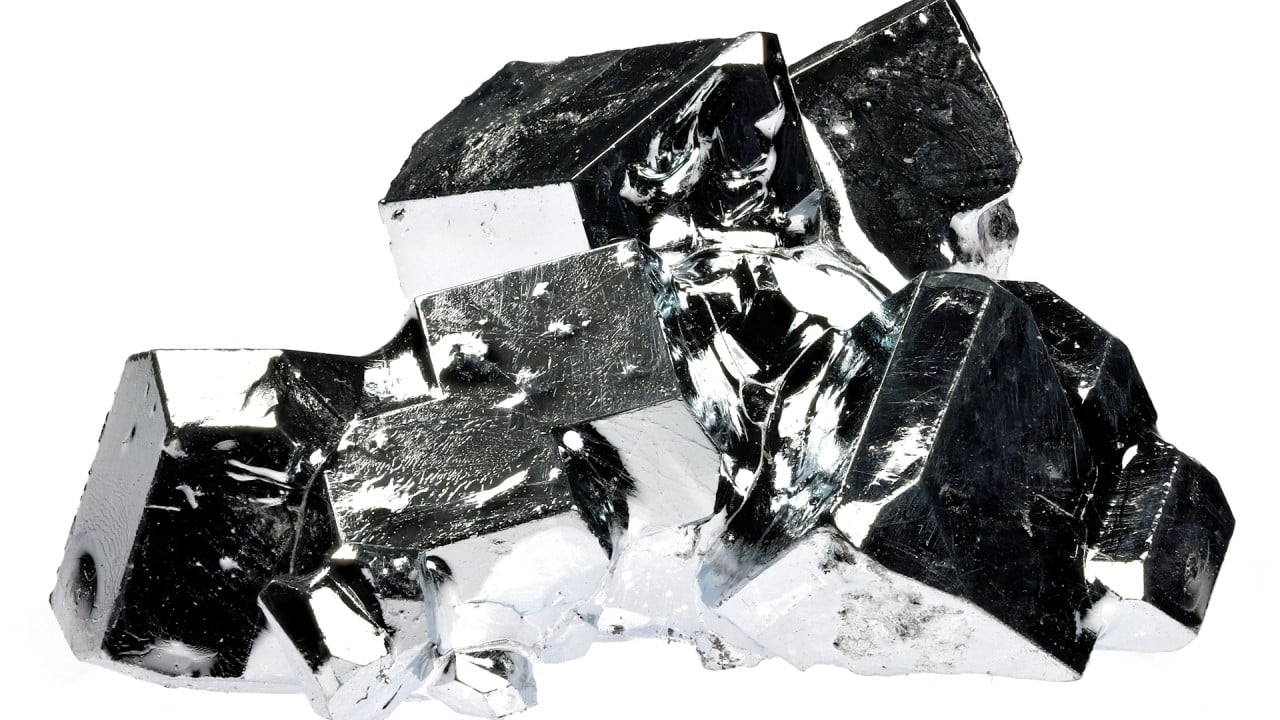In August, the Chinese government imposed restrictions on the export of some raw materials and their compounds, apparently in response to U.S.-led restrictions on China’s access to advanced technologies.
The decline in annual exports was even greater in relation to Japan, with gallium shipments falling by almost three-quarters to US$3.68 million and germanium shipments falling by about a third to US$3.76 million.
However, China’s germanium exports to Russia rose 78% last year to $10.99 million. China did not export gallium to Russia in 2022, but last year’s deliveries amounted to US$189,480, more than half of the value of shipments to the United States.
US expected to break China’s export restrictions on gallium needed for radar
US expected to break China’s export restrictions on gallium needed for radar
Analysts said the Chinese government could add more sensitive substances to its controlled list as tensions between China and the United States continue.
“This is just a starting point for China to restrict exports of key materials,” said Victor Gao, deputy director of the Center on China and Globalization, a Beijing-based think tank.
“The United States should be well prepared for further retaliation from China.”
Gao said China’s metal mining and processing is 10 to 20 years ahead of the rest of the world, and the effects of the regulations will be most noticeable in cutting-edge products.
“The impact on high-tech military supplies to the United States, which relies on these two materials from China for some of its radars and fighter jets, will be even greater,” he said.
According to the U.S. Geological Survey, 53% of U.S. gallium imports from 2018 to 2021 came from China. During this period, Germany and Japan each contributed 13%.
Gary Ng, senior economist for Asia-Pacific thematic research at Natixis, said the main impact of the regulation would be on cost, not availability.
Ng said these materials are not that rare and most companies will have stockpiled supplies, but they will need to absorb the higher costs of importing from other countries.
“It is inevitable that Japan and the United States will need to diversify their sources of the two metals,” he said.
“Export restrictions are clear retaliation for U.S.-led semiconductor restrictions, and China is well aware of its dominant position in critical materials.”
In October, China also imposed export restrictions on graphite, a key material used in electric vehicle batteries.
“Export controls have always been a geopolitical tool and this is just the beginning. China will make further use of export controls,” Ng said.
“The very nature of the tool means that there could be room to retreat as a bargaining chip if US-China relations improve surprisingly, but that is unlikely.”

